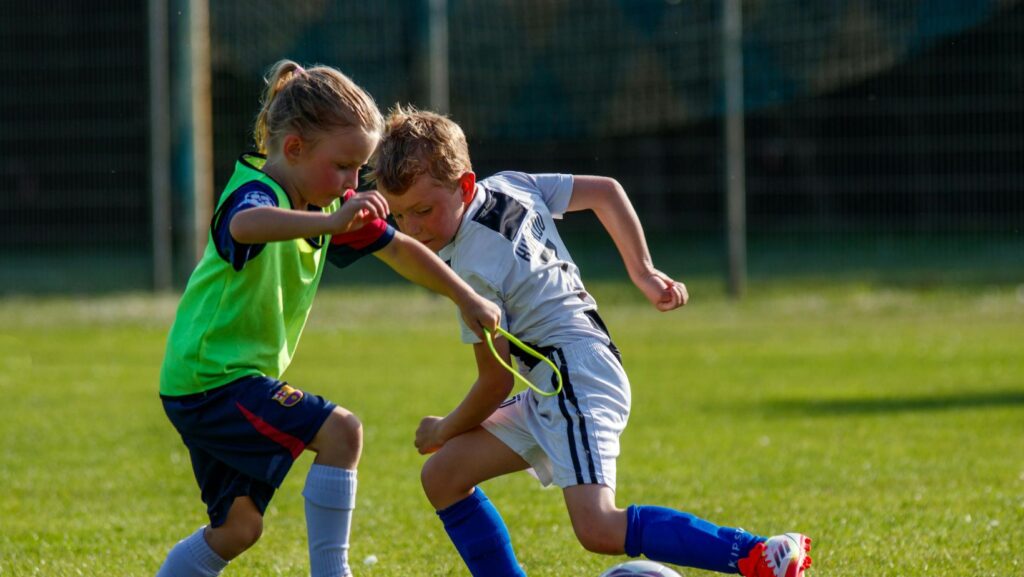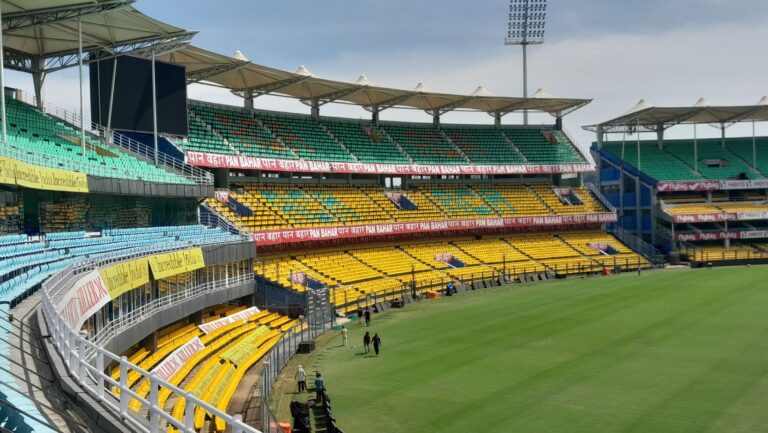The image is a classic summer tableau: a sun-drenched field, the sound of a bouncing ball, and children laughing as they chase a dream. Enrolling your child in a soccer camp can be a transformative experience, offering not just skill development but also lessons in teamwork, discipline, and confidence. However, with a dizzying array of options, from local club offerings to elite residential academies, finding the right camp can feel as challenging as scoring a winning goal in extra time. The key is to move beyond a simple search for a summer soccer camp and instead find the program that perfectly aligns with your child’s age, passion, and goals.
The process begins not with a web search, but with a conversation on the home front. Understanding your child’s motivation is the most crucial first step.
Step 1: The Home Front Assessment
Before you browse a single website, sit down with your young player. Ask them a few simple questions:
- What is your goal? Do they want to have fun with friends, or are they looking to make the competitive school team?
- Who do you want to be with? Would they thrive with a group of close friends, or are they eager to meet new people?
- How intense do you want it to be? Are they imagining a camp filled with games and light-hearted drills, or a serious training environment?
Simultaneously, be honest about your own logistical and financial parameters. Define your budget, the ideal location (day camp versus residential), and the timeframe. A clear understanding of your child’s desires and your practical constraints will immediately narrow the field and make your search far more focused.
Step 2: Decoding the Camp Landscape
Not all soccer camps are created equal. Generally, they fall into a few distinct categories:
- Recreational/Fun-Based Camps: Often run by local parks and recreation departments or community centers, these camps prioritize fun, fundamental skills, and social interaction. They are ideal for beginners or younger children who are still developing a love for the game.
- Club-Affiliated Camps: These are hosted by local competitive soccer clubs. The coaching is typically more structured and technically focused. This is an excellent choice for the player who is already on a team or is serious about improving their skills. It can also be a great “tryout” for the club itself.
- Elite/College ID Camps: Designed for high school-aged players with serious aspirations to play at the collegiate level. These camps are intense, highly competitive, and often feature college coaches. They are for the dedicated athlete, not the casual player.
- Residential/Overnight Camps: These camps offer an immersive experience, often lasting a week or more. They combine full-day soccer training with classic camp activities like swimming and campfires. They foster independence and a deep dive into the sport.
Step 3: The Research Deep Dive
With a clearer target in mind, your research can begin in earnest.
- Leverage Local Knowledge: Start by asking your child’s current coach or teammates’ parents for recommendations. Personal referrals are invaluable.
- Scrutinize the Coaching Staff: The quality of a camp lives and dies with its coaches. Look for bios on the camp website. What are their credentials? Do they have professional, collegiate, or high-level licensing experience? A camp director who is also a licensed, experienced coach is a major green flag.
- Analyze the Curriculum: A well-structured camp will have a detailed daily schedule. Is there a balance between technical drills, tactical instruction, small-sided games, and full scrimmages? Beware of camps that are just “glorified babysitting” with a soccer ball. Look for specific skill focuses like “striker finishing” or “goalkeeper training” if that’s what your child needs.
- Investigate the Camper-to-Coach Ratio: This is critical for individual attention. A ratio of 10:1 is good; 15:1 might be acceptable for older groups, but anything higher and your child could get lost in the crowd.
- Read Reviews and Testimonials: Search for independent reviews beyond the hand-picked ones on the camp’s website. Social media groups for local parents can be a treasure trove of honest feedback.
Step 4: Asking the Right Questions
Once you have a shortlist, don’t hesitate to contact the camp director directly. Prepare a list of questions:

- “What is the typical daily structure?”
- “How are campers grouped? By age, skill, or both?”
- “What is your policy on playing time during scrimmages?”
- “What is the protocol for injuries or inclement weather?”
- “What do campers need to bring? (ball, shin guards, water bottle)”
- “Can we observe a session?”
The answers will give you a strong sense of the camp’s organization and philosophy.
The Final Whistle: Making the Decision
Ultimately, the right soccer camp is the one that leaves your child excited to return to the field long after the final day. It’s the program that matches their current enthusiasm while gently pushing them to improve. The environment where they feel safe, encouraged, and part of a team is crucial. By moving methodically through these steps—assessing your child’s needs, understanding the different types of camps, conducting thorough research, and asking pointed questions—you can transform an overwhelming decision into a confident one. The perfect summer soccer camp is out there, waiting to provide your child with an unforgettable experience of growth, friendship, and a whole lot of soccer.
To find the best soccer camp, you can rely on recognized agencies such as Looking For Soccer, which helps parents choose from more than 100 programs around the world — including those offered by prestigious clubs like Manchester City, PSG, Arsenal, and FC Barcelona.






